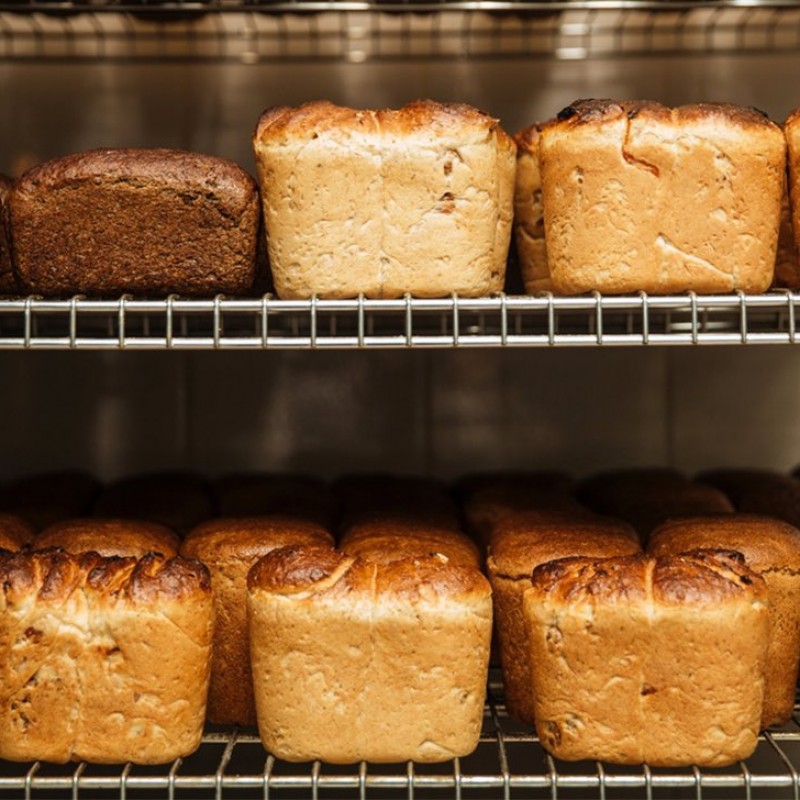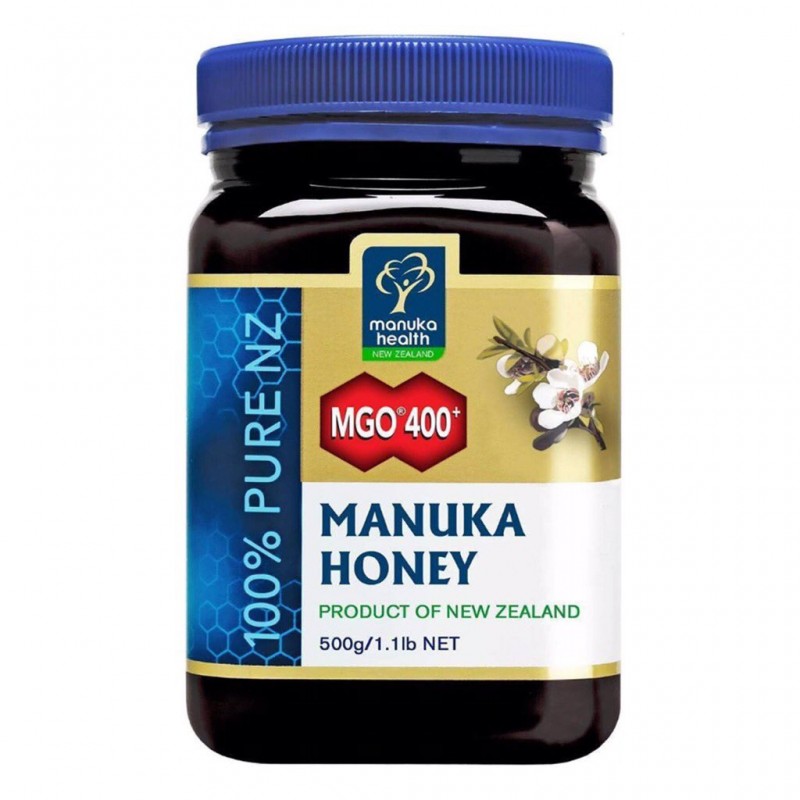How is liquid cheese made?
First, the cream is heat treated by pasteurization to kill any potentially dangerous microorganisms, then lactic acid bacteria are introduced, making the cheese mildly sour.
The fat droplets from the cream are then broken down into smaller, more regular droplets, producing a smooth product.
Liquid cheese is rich in fat and contains a small amount of carbohydrates and protein
28 grams of liquid cheese provide:
Calories: 99
Protein: 2 grams
Fat: 10 grams
Carbs: 2 grams
Fiber: 0g
Vitamin A: 10% of the Daily Value
Riboflavin (Vitamin B2): 5% of the Daily Value
Liquid cheese is a source of antioxidants
Antioxidants defend the body against unstable molecules called free radicals. When levels of free radicals rise in your body, it can damage cells.
Cream cheese contains small amounts of carotenoid antioxidants, including lutein and zeaxanthin
low lactose
People with lactose intolerance should limit or avoid dairy products.
Research shows that most people who are lactose intolerant can tolerate amounts as small as 12 grams, so liquid cheese is suitable for them as it contains less than 2 grams of lactose.
low protein
Liquid cheese contains a small amount of protein, with each (28 grams) providing less than 2 grams.
Protein is essential for maintaining muscle mass and strength.
Hence, you should eat plenty of other good protein sources, such as meat, fish, eggs, beans, lentils, etc.
Short shelf life
Liquid cheese has a relatively short shelf life. Factors such as handling, packaging and storage affect how long it will last as fresh.
Although pasteurization kills dangerous microorganisms, its high water content still poses a risk of microbial contamination.
In general, liquid cheese should be eaten within two weeks of opening and kept in the refrigerator.
To reduce microbial growth, spread with a clean knife and always close package. Liquid cheese should be finished by the expiration date and discarded if you notice an unusual smell or color.
Does liquid cheese cause breast cancer?
A 2017 study funded by the National Cancer Institute identified a 53 percent increased risk of breast cancer among women who ate "American cheese, cheddar, and liquid cheese."
Dairy products and cancer
A recent 2019 study published in the BMJ showed that a link between dairy products and cancer cannot currently be proven, and that more high-quality studies are needed in the future to prove this.
Conclusion
Liquid cheese is high in fat and low in protein, so it is best to eat it in moderation.
There is no reliable scientific evidence yet of the danger of liquid cheese or other dairy products as a carcinogen.


